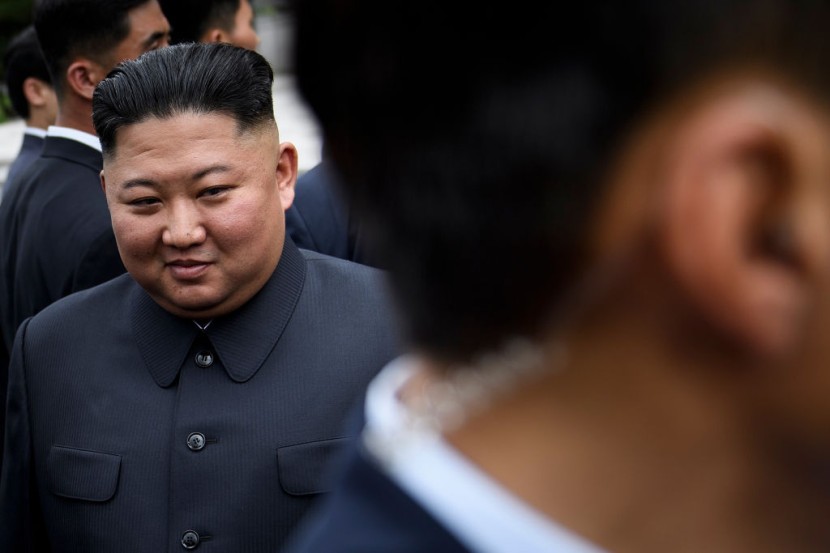
Five people ask that North Korean leader Kim Jong Un compensate them $900,000 apiece for their hardship while living in the country's relocation program.
North Korea guaranteed free health care, education, jobs, and welfare to individuals who engaged in the relocation program to entice Koreans back from Japan after the Korean War. Residents of Japan, many of whom were originally from South Korea, were recruited for the program.
According to the lawsuit, none of the program promises were made available to the plaintiffs. Eiko Kawasaki said the government instead sent them to physical labor in mines, forests, or farms.
Five people demand North Korea to pay for their suffering
The five people who were promised "paradise on Earth" say they were duped by the scheme and kidnapped by the government. According to Kenji Fukuda, a lawyer for the plaintiffs, the hearing was made possible after the Tokyo District Court decided to call Kim Jong Un to speak.
They don't anticipate Kim Jong Un to show up or pay them compensation if the court mandates it. However, Fukuda believes that the case would serve as a precedent for the Japanese government to engage with North Korea in the future in order to obtain the North's responsibility and normalize diplomatic relations.
The objective of Thursday's hearing was for all five plaintiffs to demonstrate how North Korea deceived them illegally and consistently and to create a legal basis before requesting the Japanese government to address the issue diplomatically.
The claimants are now worried about their families who remain in the north. Kawasaki claims she hasn't heard from them since November 2019, owing to the pandemic. She cannot send them money, and all of the comfort packages she has sent have been returned.
The plaintiffs' statements "made it obvious that North Korea was hell, not paradise, against the propaganda victims," Kanae Doi, Japan director of Human Rights Watch, said in a statement, as per Newsweek. She encouraged North Korea to let others return to Japan quickly, and she suggested that Prime Minister Fumio Kishida demand that Kim Jong Un do so.
The Japanese government, which views Koreans as outsiders, supported the relocation initiative and arranged travel to North Korea for participants. About 93,000 Japanese ethnic Koreans and their families were deported to North Korea.
Per ABC News, about 500,000 ethnic Koreans live in Japan now, and they continue to experience prejudice in school, employment, and in their everyday life.
North Korea remains at risk of starvation
In a report issued Wednesday, a United Nations investigator said that North Koreans living under tight economic restrictions are facing a worsening food crisis, with the most vulnerable children and elderly people in the isolated Asian nation at risk of famine.
North Korea's agriculture sector appears to be facing multiple challenges due to a drop in fertilizer and other agricultural imports from neighboring China, the impact of U.N. and international sanctions stemming from its nuclear program, and an outbreak of African swine fever, according to Tomás Ojea Quintana's report to the United Nations General Assembly.
Since January 2020, Quintana claimed great economic hardship and increased susceptibility to human rights abuses among the general people had occurred from the "prolonged and strict pandemic measures." The measures include a complete border closure, travel restrictions between cities and regions, and a ban on non-essential imports, including humanitarian aid, as per Republic World.
Related Article: Kim Jong Un's Sister Says North Korea Welcomes Plan To End Korean War But Urges To Stop Seoul, Washington's "Hostile Policies"
© 2026 HNGN, All rights reserved. Do not reproduce without permission.








